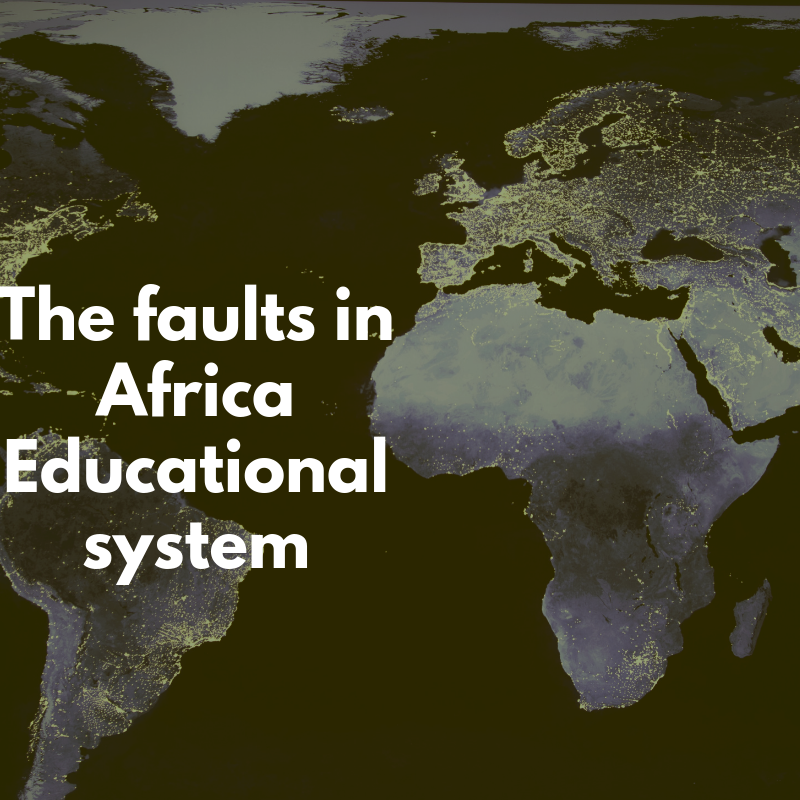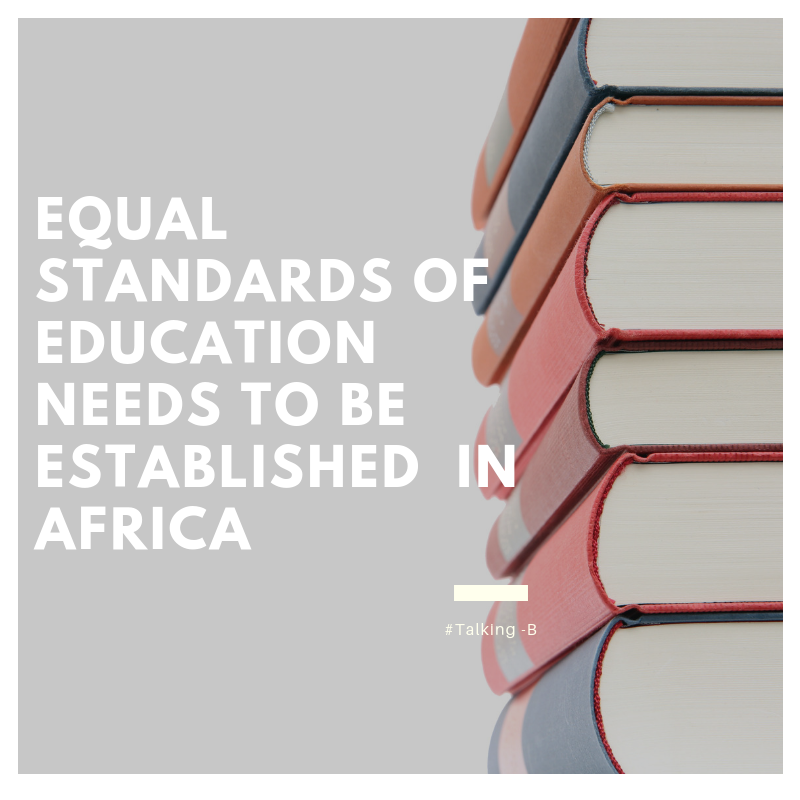
The education system in Africa, contrary to the belief of many, existed a long time possibly taking its origin from Ancient Egypt. The Schools of Holy Scriptures built in Egypt (former Ethiopia and Al-Azhar) were the first form of higher education. These schools became cultural and academic centers attracting people from all over the globe for knowledge and instruction. Meanwhile, the world’s first university was located in Timbuktu, opened in 2600 BC.
The indigenous knowledge system was based on traditions in which communities effectively taught and learned from themselves through daily life rather than strict education. They used modeling approaches to pass the necessary skills to younger members of the community.
By the 19th century, the foreign powers dictated what people could learn, putting barriers in teaching curriculum, ensuring it does not reflect afro-ethnicity, limiting the learning language to theirs and conforming to their agenda. Nevertheless, African communities began to dwindle in education and prosperity regaining their independence in the 1950s through 1990s. The aim of the leaders and scholars like Jomo Kenyatta of Kenya, Kwame Nkuramah of Ghana, Julius Nyerere of Tanzania, Leopard Sedar Senghor of Senegal and of course the Great Felix Houphouet Boigney of Cote d’Ivoire was to rebuild what is left of their traditional forms of education. However, what had inevitably evolved, was a hybrid of the two models.
Language remains a controversial factor as the legacy of colonialism and the need for knowledge of international languages such as English and French pose as a challenge. Learning is then confronted with languages teachers and pupils do not speak natively and in some cases, do not understand. Among other factors limiting education prospects in Africa are; poor quality of education and educational amenities, teacher shortages, poor infrastructure and supplies, access to education in rural and remote areas and stigmas for marginalized groups. Most people who manage to receive education would prefer to move to big cities or even overseas where more opportunities and higher pay await. Thus, there will be an overly large class size and a high average number of students per teacher in a school. With education being a major concern towards achieving a career and establishing a future, Africa needs to be aware that an equal standard of education needs to be established throughout the countries.

In the same vein, with over 1,650 higher education institutions in Africa, many of which are losing credibility in terms of the quality of teaching, research and research output. Facing severe redundancy due to numerous factors such as limited professors in the various departments many of whom are close to retirement, lack of research funding and equipment, Academic disruptions due to strikes by staff and/or students arising from a number of factors including poor administrative leadership and lack of resources, limited autonomy leading to deterrence in the lecturers’ outputs and high rates of migration of talent out of Africa in pursuit of training and research opportunities abroad. In the process, they became less effective in regard to their ability to contribute to the socio-economic development and workforce of their host country.
Steps such as the abolition of school fees, investments in teaching infrastructure and resources, and school meals from the World Food Programme helped drive enrollment up by millions but how are we progressing in impacting the lives of the millions, to be productive? While several thousands of graduates of many African higher education institutions are unemployed, substantial shortages of skilled labor persist. “The challenge is to increase both the quantity and the quality of graduates through investments in laboratories and human resources for these disciplines, improve the link with employers to raise relevance and foster strong international collaboration to raise quality”.


4 comments
Well articulated..
Thank you very much for reading!
Call for deep thinking and swift action
Hello, thank you very much for reading. Indeed, Africa needs to take quick action in resolving it’s education problems.